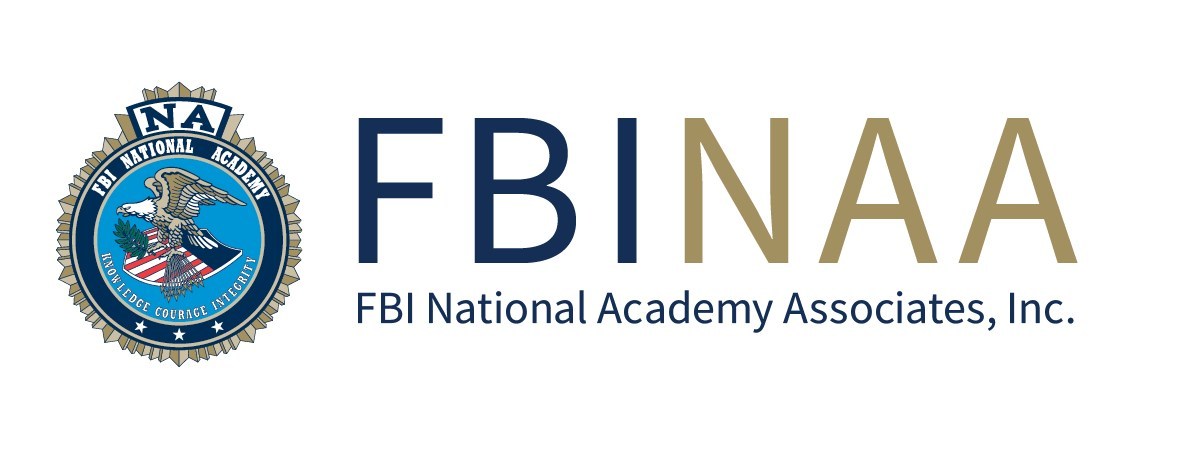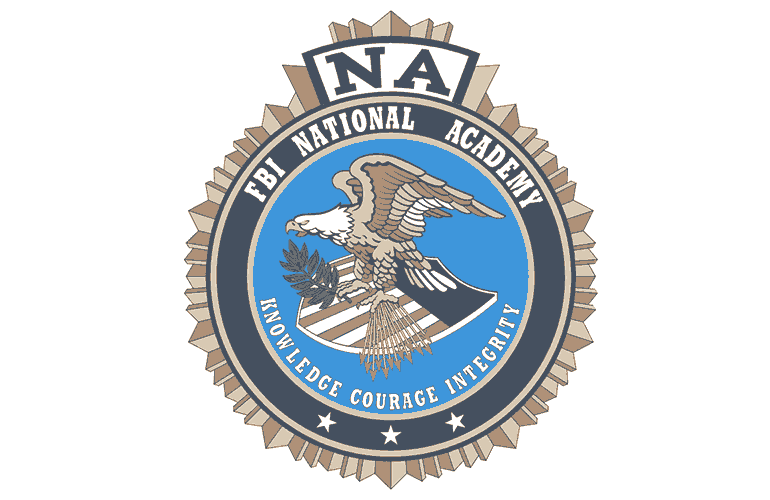FBINAA HISTORY
Inspiring FBINAA members to continue their service to community, networking, education and professional development during their law enforcement career and beyond.
The history of the FBI National Academy Associates (FBINAA) is a story of the FBI’s commitment to professionalizing law enforcement through education, training, and collaboration. The FBINAA has grown over the decades into a prestigious network of law enforcement leaders committed to excellence and ethical leadership.
Origins and Early Development
The FBI National Academy (FBINA) was established in Quantico, Virginia, as part of the broader effort by the FBI to professionalize law enforcement agencies across the United States. The idea was to provide advanced training to select law enforcement officers, helping them develop the skills necessary to combat crime more effectively.
First Session:
The first session of the FBINA was held in 1935, with 23 officers from various local, state, and federal agencies. This initial session focused on police science, law, and investigative techniques, laying the foundation for what would become a rigorous and comprehensive training program.
Expansion and Growth
During World War II and the post-war period, the Academy expanded its curriculum to include topics like counterintelligence and anti-espionage, reflecting the changing security needs of the nation. The FBINA became known for its high standards and was increasingly seen as a prestigious training ground for law enforcement officers.
1960s
The 1960s saw significant expansion in both the number of participants and the breadth of the curriculum. This period also marked the beginning of more formalized networking among graduates, recognizing the value of continued collaboration after completing the Academy.
Formation of the FBINAA
1972
The FBI National Academy Associates (FBINAA) was officially established as an organization representing graduates of the FBI National Academy. The mission was to create a network of law enforcement professionals dedicated to promoting the highest standards of law enforcement through continuing education, training, and leadership development.
Early Activities:
The FBINAA began organizing regional chapters, annual conferences, and training seminars, providing members with ongoing opportunities for professional development and collaboration.
International Reach
1980s-1990s
The FBINAA’s influence began to extend beyond the United States. International chapters were formed, and the Academy began welcoming law enforcement officers from around the world, reflecting the global nature of crime and the need for international cooperation.
Global Network:
By the 1990s, the FBINAA had grown into a global network of law enforcement leaders, with members in more than 170 countries. The international chapters brought together law enforcement professionals to share knowledge, experience, and strategies for addressing common challenges.
Modern Era
2000s-Present
In the 21st century, the FBINAA has continued to evolve, focusing on emerging challenges such as cybercrime, terrorism, and community policing. The organization has embraced new technologies and methods for training and communication, ensuring that members stay at the forefront of law enforcement innovation.
Leadership and Ethics:
The FBINAA places a strong emphasis on ethical leadership, recognizing that the integrity and professionalism of law enforcement are crucial for maintaining public trust. The organization’s programs and initiatives are designed to support leaders who exemplify these values in their communities.
Key Milestones
Annual Conferences:
The FBINAA holds annual conferences that bring together thousands of law enforcement professionals from around the world. These events are opportunities for networking, education, and discussion of the most pressing issues facing law enforcement today.
Training Programs:
The FBINAA offers a variety of specialized training programs, including the Leadership Certification Program, which helps law enforcement leaders develop the skills needed to effectively manage their agencies and respond to the challenges of modern policing.
Impact and Legacy
Networking and Collaboration:
One of the most significant contributions of the FBINAA is the network of professionals it has created. This network allows for the sharing of best practices, resources, and support, which has had a profound impact on the effectiveness and professionalism of law enforcement agencies around the world.
Commitment to Excellence:
The FBINAA’s ongoing commitment to professional development, ethical leadership, and international collaboration has solidified its reputation as a leader in law enforcement training and education.
Future Directions
Continuing Education:
As the challenges facing law enforcement continue to evolve, the FBINAA is committed to providing its members with the tools and knowledge needed to adapt. This includes a focus on areas such as mental health, community engagement, and technological advancements.
Strengthening Communities:
The FBINAA will continue to emphasize the importance of building strong, trusting relationships between law enforcement and the communities they serve, recognizing that public trust is the cornerstone of effective policing.

